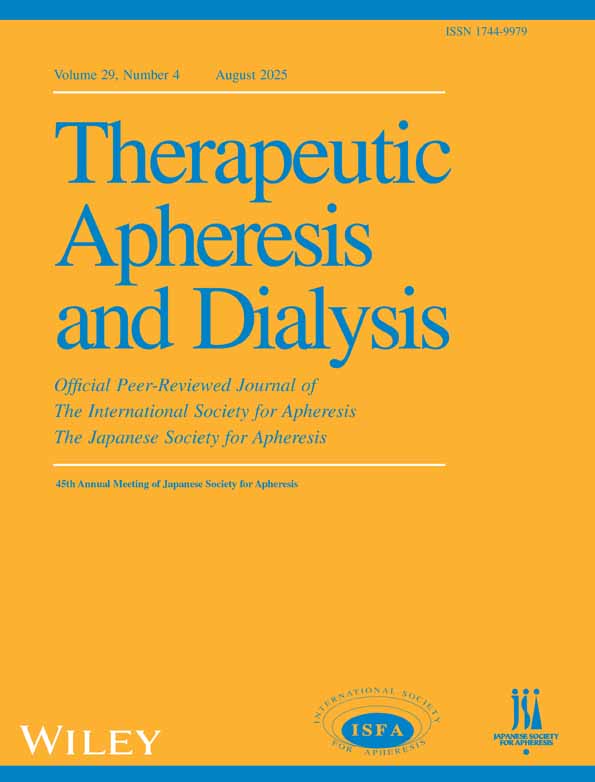A Review of the Scope of Dual Coping Interventions for Hemodialysis Patients and Caregivers
Funding: This work was supported by Baoding Science and Technology Bureau project, 2041ZF311.
Wan Li and Jing Li are contributed equally to this study.
ABSTRACT
The increasing incidence of renal failure, driven by chronic kidney disease and other chronic conditions, has led to a rising prevalence of end-stage renal disease (ESRD). Maintenance hemodialysis (MHD) is the primary renal replacement therapy for ESRD and requires lifelong treatment. This ongoing therapy not only causes substantial physical discomfort but also imposes considerable psychological and emotional stress on patients and their families, affecting their overall mental health. The concept of “dyadic coping”, introduced by Bodenmann, treats partners as a single unit in their joint management of stress and proposes “dyadic coping interventions” to enhance coping strategies and relational dynamics. These interventions have been shown to reduce psychological distress and perceived caregiving burden, thereby improving caregiving efficacy. Recent studies have demonstrated the effectiveness of dyadic coping interventions in home care settings for patients undergoing hemodialysis and their caregivers, showing improvements in both disease burden and quality of life. This review aims to explore the application of dyadic coping interventions in hemodialysis settings, presenting new strategies for enhancing the quality of life for both patients and their caregivers.
Conflicts of Interest
The authors declare no conflicts of interest.
Open Research
Data Availability Statement
All data generated or analyzed during this study are included in this article.




